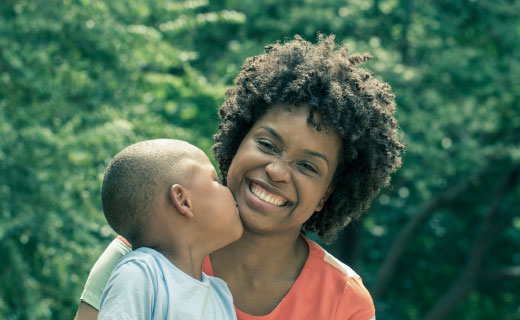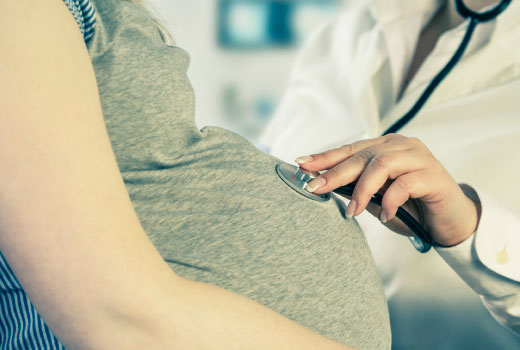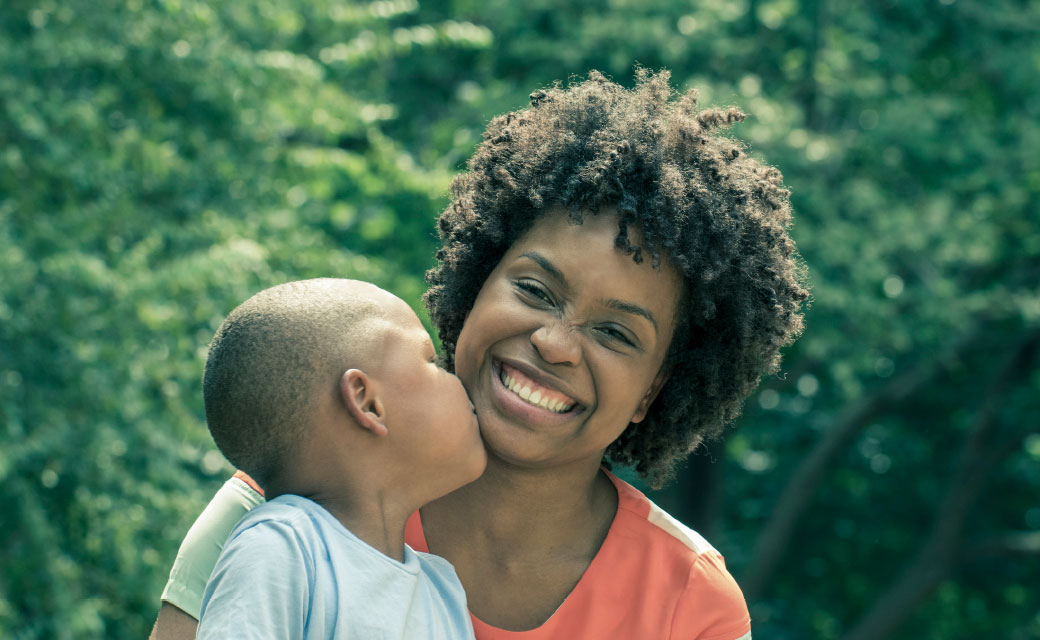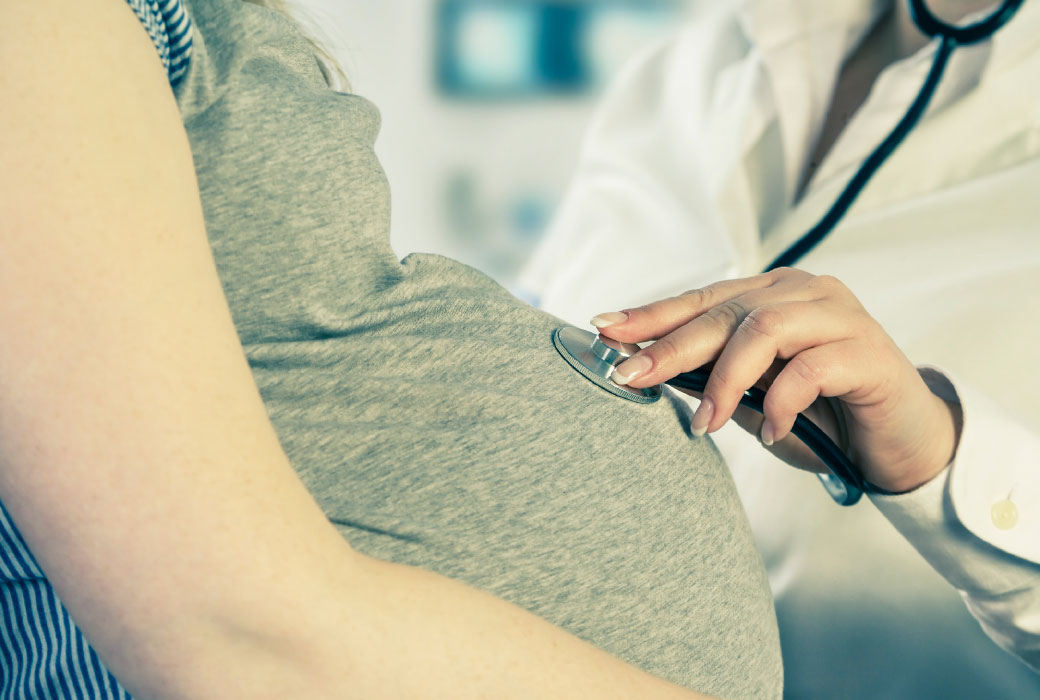
Main content
Women in Bavaria
Women have equal rights in Germany and the right to self-determination. The educational opportunities and career prospects for female immigrants are good. There are also free assistance and advisory services specifically for women.
Equal rights and the image of women
The German constitution gives men and women equal rights. This applies to each and every person. Women have the right to self-determination, which means that they are free to make decisions about every area of their life.
Women have the same rights and enjoy the same freedoms as men. They determine, for example, if and when they wish to marry, which career they pursue and how they dress. They also decide for themselves whether they wish to have children or remain childless.
All children have equal educational opportunities. Girls even remain in higher secondary education more often than boys and take higher-education entrance exams. Women can study at university, pursue a career and even become chancellor.
For men and women who come to Bavaria there are numerous free courses to prepare them for the labour market or help them to catch up on secondary-school qualifications. It is never too late to learn. Be brave; it’s worth it!
Equal opportunities for women
Generations of women in Germany have fought for their rights over the decades. Important laws have been enacted to guarantee equality of men and women. Nonetheless, things are sometimes more difficult for women – when they are working and have to take care of the family at the same time, for example. In recent years, politicians have proposed legislation to gradually end inequalities that still exist in this area. Women and men should not only enjoy the same rights, but also have the same opportunities.
For more information on equal employment opportunity, click here.
Women and careers
Women's professional, career and life paths are individual, with long or short interruptions and fixed or flexible schedules. A wide range of counselling services and individualized, tailor-made measures support women in their working lives and in their return to work. You can find the offers here.


How women live here
The lifestyles of men and women only differ slightly from one another. Just like men, women can live alone, go out alone and travel alone. They go to work, play sport and meet up with friends and acquaintances in their free time. Friendship between men and women is normal.
Assignment of roles within families
Every couple decides for themselves how duties are assigned. There are families in which the man earns the living and the woman takes care of the home and children – or vice versa. Many women now return to part-time or full-time jobs after a period spent raising their children. This is partly because they enjoy their job and wish to be financially independent, but also because life is more affordable with two incomes. In return, men take on more duties around the home and in the area of raising the children. The state makes it possible for both parents to reduce their working hours so that mother and father can equally be there for their children.
Marriage and living together
The right to self-determination includes having a free choice as to whether you lead a single life, have a relationship or get married. Many people choose to live in secure, often lifelong relationships, with or without children, with or without a marriage certificate. It is not unusual for unmarried couples to have children as well. If one parent raises the offspring alone, they are known as a single parent. Same-sex couples can also live together and marry. In addition, there are marriages and relationships between people of different nationalities and religions.
Nobody can be forced into marriage. According to German law and Germany’s system of values, marriage is based on the free will of the husband and wife. Forced marriage is illegal in Germany. The law states that anyone who forces another person into a marriage can be prosecuted.


Pregnancy
In Bavaria, ‘couselling centres for pregnancy matters’ offer advice and support relating to the subjects of pregnancy and childbirth. Women and men can seek free advice without having to give their name, even if they are younger than 18 years of age. The details of the conversation are not shared with anyone else. Somebody can also come along (friend, partner, mother, etc.). If women want to have an abortion, it is mandatory that they seek advice first.
All pregnant women in Germany are entitled to the basic medical care they need.
Here you will find information on pregnancy and maternity benefits for women who are insured under the statutory health insurance scheme.
Like all women in Germany, pregnant asylum seekers, who are usually not insured in a statutory health insurance fund, are entitled to receive the necessary medical care. They visit their gynaecologist at least once every four weeks during the pregnancy. The examinations include regular weight checks, blood pressure monitoring, blood tests and ultrasound tests.
Help specifically for women
There are disputes in even the best of families. If the dispute gets out of hand, however, or there are beatings or other forms of violence involved, women should seek help. Anyone who feels threatened can call the police by dialing the emergency number 110 at any time.
Anyone affected can also call the ‘Violence against Women’ helpline set up by the Federal Ministry of Family and Civil Affairs on 08000 116 016 and also get online advice in 18 different languages free of charge and anonymously.
NO MEANS NO
Just like men, women also have the right to self-determination and freedom of expression. Nobody can tell them what to think or say. This also means that a woman can say no whenever she doesn’t want something. Every woman is free to decide, for example, the person with whom they enter into a relationship. It is important to understand that nobody has the right to force another person to perform sexual activities.
There are also special advisory services free of charge for women who are victims of violence in Bavaria. Women don’t have to give their names if they do not wish to. If a woman has been hit or threatened by her husband, she and her children can also temporarily move into a women’s refuge, where trained professionals can help those affected.
If you are affected by violence against women, you can find help here.
This portal is intended for women and men. Of course, there are also people who cannot or do not want to classify themselves as "women" or "men". Of course, the information on this page is also intended for them. Intersexuality is also legally recognized in Germany and Bavaria as a variant of gender development: Since the end of 2018, people who cannot be permanently assigned to either the male or female gender can choose the entry "diverse" for their gender in the birth register.






